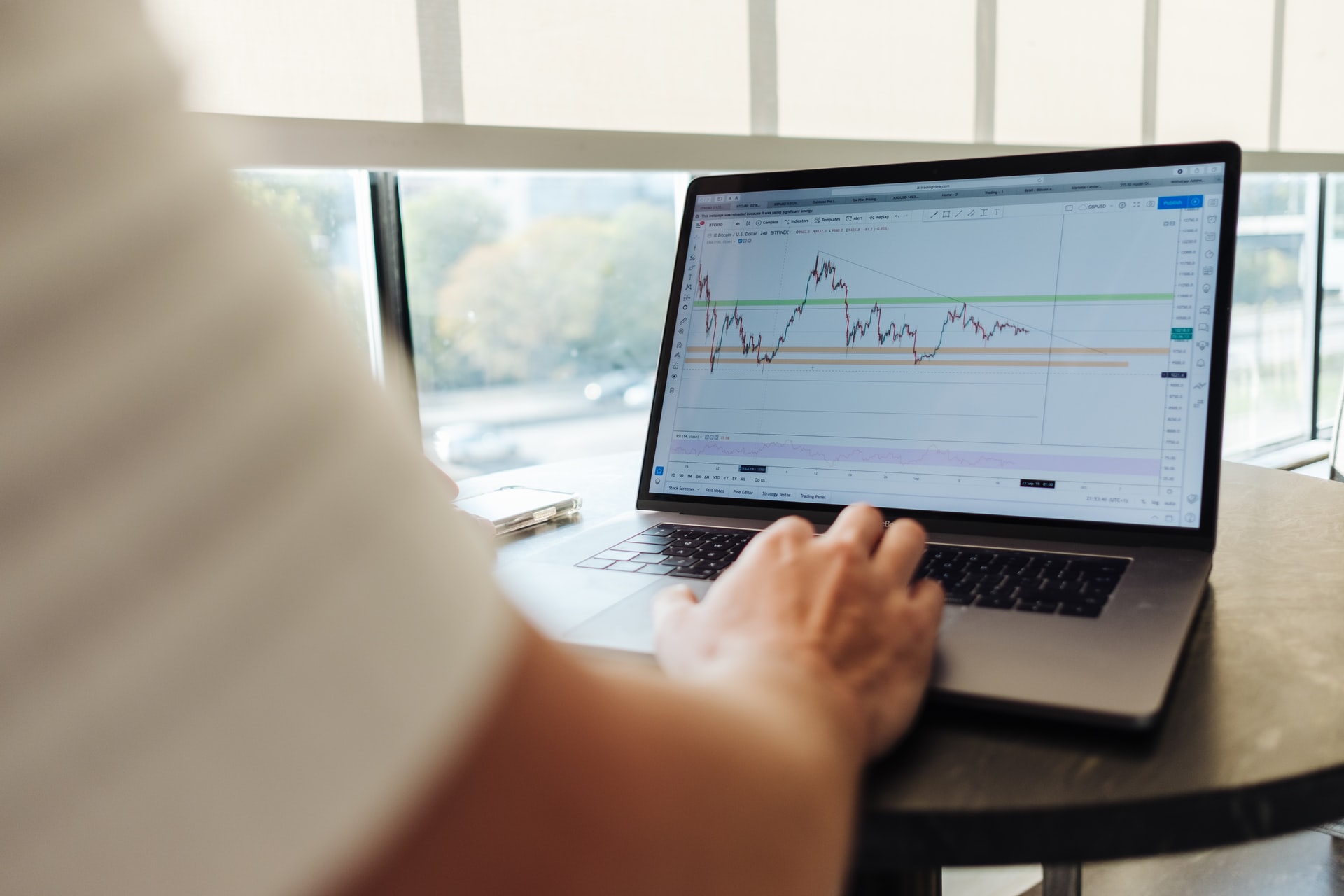All profitable investors have a brokerage service that aligns with their investment goals, learning style, and educational needs. New investors should pick the right online stock broker that meets their needs. Why?
The right brokerage service makes the difference between success and failure. As much as you can’t guarantee success, you can always put yourself on a successful path.
Having the right brokerage platform ensures you trade in securities you like and get all the support you need to succeed in your endeavor. Here are things to consider when picking the right online broker.
1. Understand Your Needs
Take a moment and internalize what it is that is most precious to you in trading. People have different answers depending on their investment goals and the investment learning curve.
New traders should concentrate on basic educational resources, ease of placing practice trades, comprehensive glossaries, and prompt support staff response.
Veteran investors should go for high-level education and acquire opinion-based resources from professional analysts and investors. Also, understand carefully choose technical and fundamental data.
Prioritize conditional order options, derivative trading, commodities, mutual funds, stocks, fixed-income securities.
2. Account Minimum
Find out how much the online broker requires before you can open an account. Most online brokers don’t have a minimum account opening amount. This allows new traders to start trading with a small amount.
However, there are online brokers who require an upward of $10,000 as your starting account balance. It depends on your account size and what you can afford.
3. Trade Commissions Or Fees
Brokers do charge commissions on trades. This is a common practice. An investor should first research the commissions before opening an account. Learn about broker bonuses and other factors at https://reviewbrokers.org/ before you sign up. It’s true that most brokers make money from every transaction you make.
Other accompanying fees include withdrawals and deposits or additional charges for special orders; understand the fees so you know what you agree to when you sign-up.
4. Speed Of Executing Orders
A good online broker places transactions quickly to avoid negatively affecting the trade. Settle for a brokerage that executes orders promptly to ensure you have the best trades available.
Evaluate the responsiveness of the site and speed of connectivity. If the site has a history of moving slowly, then avoid it. You want one that moves quickly on your trades to avoid missing profit opportunities or having issues with misplaced orders.
5. Easy-To-Use
Most people have difficulty understanding and navigating some online broker sites. Pick a site that you easily understand to avoid messing up your trades. The site should be easy to access, navigate and manage.
6. Are You Going To Be A Passive Or Active Investor?
Your trading strategy determines the right online broker to consult. If you want to be hands-on or be spending much time trading, then you need a broker that gives you that freedom.
Also, if you like to leave the trades to be handled by someone else, you need a reputable broker who will not disappoint.
7. Do Some Due Diligence
Ask around in forums, your friends and family, or colleagues. Check the security measures if they are up to standard. Inquire about the trustworthiness of the site and whether it’s vulnerable to hacking.
Ask questions regarding security measures in place to protect your data and money. Nobody wants to lose money from hacks.
8. Check The Reputation
Deal with a reputable online broker. Ask around in trading forums about the site and learn as much as possible.
Track record earns trust and demonstrates the quality of service. Ensure the site has a good track record and people speak highly of it. Focus on known online brokers with good reputations because they give you peace of mind. Settle for a site with high qualities and approval ratings.
9. Broker Regulation And Trust
Check if there is a disclaimer notification on the homepage and look it up. Ensure your broker is a member of FINRA by checking the regulator’s website. Check if it has insurance that protects your money and provides coverage of the SIPC requirements or similar.
Ensure it has fraud protection in place and if reimbursement is possible in case of fraud. Pick an online broker with safeguards to protect you.
10. Market Knowledge And Level Of Support Services
Customer support is vital in any industry. Choose an online broker with an admirable customer support service record. They can fix your issues promptly. Rudeness, slow to respond to queries, and uncaring or indifference are red flags.
A reputable and trusted site is friendly and has knowledgeable support teams. Remember, it’s your money, so if the service is poor, move on. Let your technical problems be handled by knowledgeable support staff.

Bottom Line
Concentrate on finding an online broker who checks all the above things. Trade using a trusted broker who guarantees you a better service and protection of your money against fraud.
Choose a reputable broker with a knowledgeable and friendly customer support team. Confirm if the brokerage accepts the amount you want to invest. Carefully consider if you want to be a passive or active investor and choose the right broker who helps your cause.





